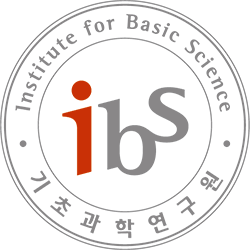Péter Pál Pach, Product representation of perfect cubes
Let $F_{k,d}(n)$ be the maximal size of a set ${A}\subseteq $ such that the equation \ has no solution with $a_1,a_2,\ldots,a_k\in A$ and integer $x$. Erdős, Sárközy and T. Sós studied $F_{k,2}$, and gave bounds when $k=2,3,4,6$ and also in the general case. We study the problem for $d=3$, and provide bounds for $k=2,3,4,6$ and …

